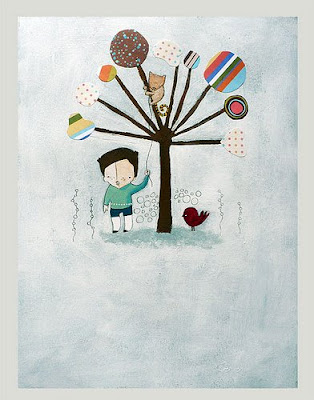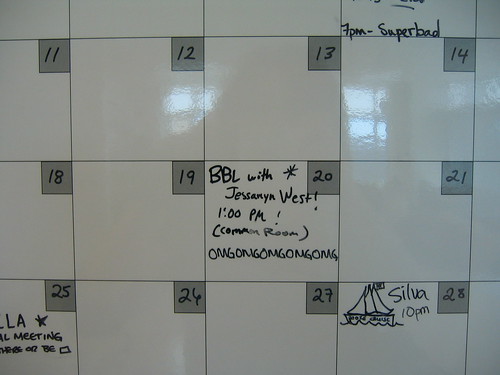Although the number of Ebola cases and deaths has jumped dramatically in the short time since we wrote our December Briefing on the epidemic, there are signs of hope. Ebola is slowing down in areas where there was previously high transmission, in Liberia and in Eastern Sierra Leone for example. The lesson from past Ebola epidemics is that learning and local adaptation has played a central role in controlling previous outbreaks; now in West Africa the curve of the epidemic seems to be turning as people alter their behaviour. The apparent avoidance of continued exponential growth is a relief but it is no cause for complacency.
Freetown and the North of Sierra Leone are still suffering heavily. There is likely to be ongoing transmission for some time with sporadic clusters of cases as the epidemic moves into its next phase. The message, that local people should be involved and that their perspectives and knowledge are both valid and valuable, is still essential. Now is the time to find a balance between medical interventions, emergency thinking, and more humane and localised approaches based on collaboration.
As and when the epidemic ends, there should also be no complacency about the structural violence which produced this crisis. Structural violence refers to the way institutions and practices inflict avoidable harm by impairing basic human needs. The long term view — which locates this epidemic in the context of economic, social, technical, discursive and political exclusions and injustices — needs to be at the forefront of recovery and ‘development’ post-Ebola. The stark evidence of violence, in the form of distrust, the collapse of already dysfunctional health services, the catastrophic costs of Ebola on families and countries, the unpaid salaries of nurses and burial teams, the lack of protection – whether in the form of plastic gloves or welfare nets in times of crisis – must not fade with a return to business as usual. The Ebola crisis should be a game-changer for development.
In pointing to structural violence, we aren’t talking of a single social institution, but of overlapping institutions and practices that have produced interlocking inequalities, unsustainabilities, and insecurities. Aid and development have failed to address these conditions. Sierra Leone and Liberia attract considerable foreign direct investment and record some of the world’s highest growth figures yet most of their populations live in continued or worsening poverty. The emerging field of global health emphasizes networks and shared vulnerabilities, but in practice — through disjointed programmes and a tendency towards ‘quick wins’ — has neglected dire inequalities, which mean a virus like Ebola can tear a country up due to an absence of the most fundamental public health and state capacities. These structural and related socio-cultural conditions are not quickly or easily addressed, but Ebola has highlighted how vast disparities, internationally and within countries, are not sustainable. A greater focus on inclusive institutions and economies, and on conceiving of health as a global public good, is needed in order to build trust and resilience. Achieving that will involve asking difficult questions about aid and development as practiced in this region.
Both the crisis response and efforts to address its structural underpinnings are strengthened by recognition of the complex and historically-embedded logics and relationships which shape people’s lives. The Ebola Response Anthropology Platform has been set up to network anthropologists and other social scientists across the world with fieldworkers and communities, and to provide an interface with those planning and implementing the Ebola response so that such perspectives can be integrated into the response. Complementary initiatives, like one supported by the American Anthropological Association, mean that there is now a groundswell of debate and commentary on these critical dimensions. Much of this is building on research conducted over decades of post-colonial development and post-conflict reconstruction that, with the benefit of hindsight, is revealing of the fault-lines of the Ebola epidemic. As ‘the response’ transitions into another phase of reconstruction it is critical that these lessons, and the complexities they reveal, are fully appreciated to prevent further disasters for this region.
Headline image credit: Conakry, Guinea, 2011. Photo by CDC Global. CC BY 2.0 via Flickr.
The post Ebola: the epidemic’s next phase appeared first on OUPblog.





That's a delicious looking tree. I don't think a few more of these would bore us.